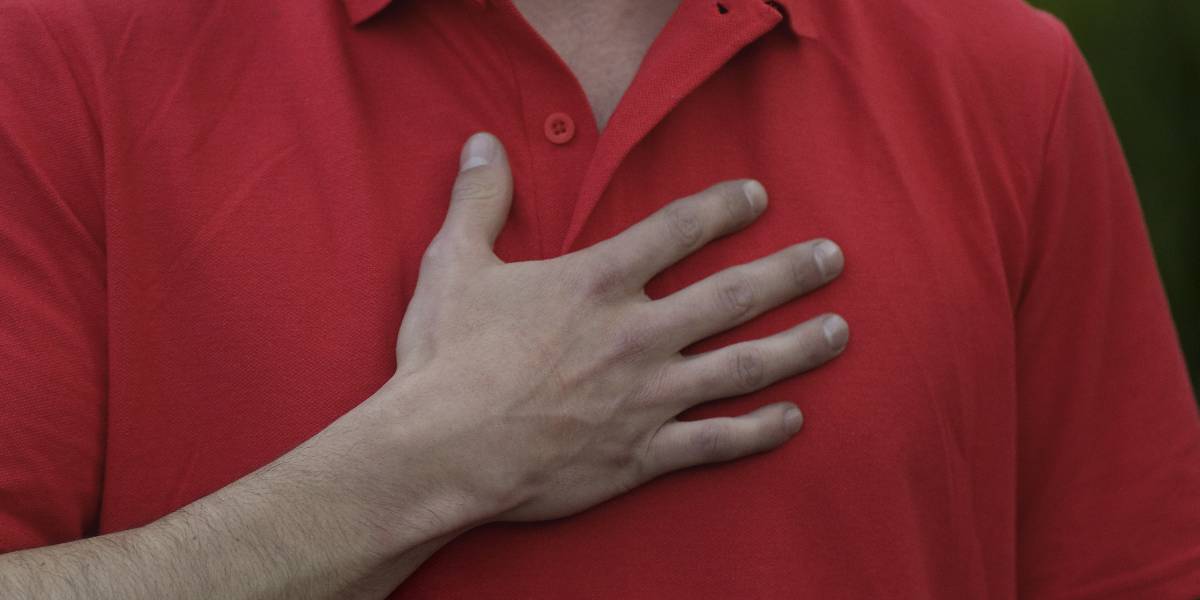The UK government’s upcoming anti-obesity advertising ban which classifies breakfast staples like porridge and crumpets as “junk food” has sparked mixed reactions.
The legislation set to take effect in October 2025, aims to curb childhood obesity by restricting advertisements for “less healthy” foods on television before 9 pm and in paid-for online spaces.
The ban targets products deemed “less healthy” by a government scoring system based on sugar, fat, salt and protein content.
Among the foods falling under the new restrictions are:
- Baked goods: Crumpets, scones, croissants, pancakes and waffles.
- Breakfast cereals: Granola, muesli, and porridge products with added sugar, salt or fat.
- Sugary dairy products: Fruity yoghurts, low-fat yoghurts and fromage frais.
- Snacks: Protein bars, cereal bars and biscuits.
- Drinks: Sugary soft drinks, certain fruit juices, smoothies and sweetened milk substitutes like almond or oat milk.
Healthier versions of these products, such as natural unsweetened yoghurt and plain porridge remain exempt from the ban.
The government claims the measures will prevent 20,000 cases of childhood obesity and remove 7.2 billion calories annually from children’s diets.
According to NHS data, nearly one in ten reception-aged children (9.2%) in the UK is living with obesity, and by age five, 23.7% suffer tooth decay due to excessive sugar consumption.
Health Secretary Wes Streeting emphasised the importance of the policy, stating “This is the first step to deliver a major shift in the focus of healthcare from sickness to prevention, and towards meeting our government’s ambition to give every child a healthy, happy start to life.”
Critics have also questioned the effectiveness of the policy with some noting that the calorie reduction from the ban amounts to only 2.1 calories per child per day.
The ban is expected to cost advertisers £659 million in lost revenue over 25 years.
It has also faced delays since its original announcement in 2021, with the government citing the need to give the food and drink industry more time to adjust amidst the cost-of-living crisis.
- Call on MPs to Reject Freebies from Junk Food, Alcohol and Tobacco Industries
- Type 2 diabetes associated with high intake of ultra-processed foods
- Low sugar intake during early childhood can combat chronic disease in midlife
As the October 2025 implementation date approaches the debate over the ban will continue.
Advocates see it as a necessary measure to tackle the UK’s rising obesity rates, while critics argue it overreaches, lumping everyday foods like crumpets with more traditional junk foods.
Regardless of its reception, the ban marks a significant shift in the government’s approach to tackling childhood obesity – moving the focus from treatment to prevention and aiming to give children a healthier start in life.
Whether it achieves its ambitious goals remains to be seen.









